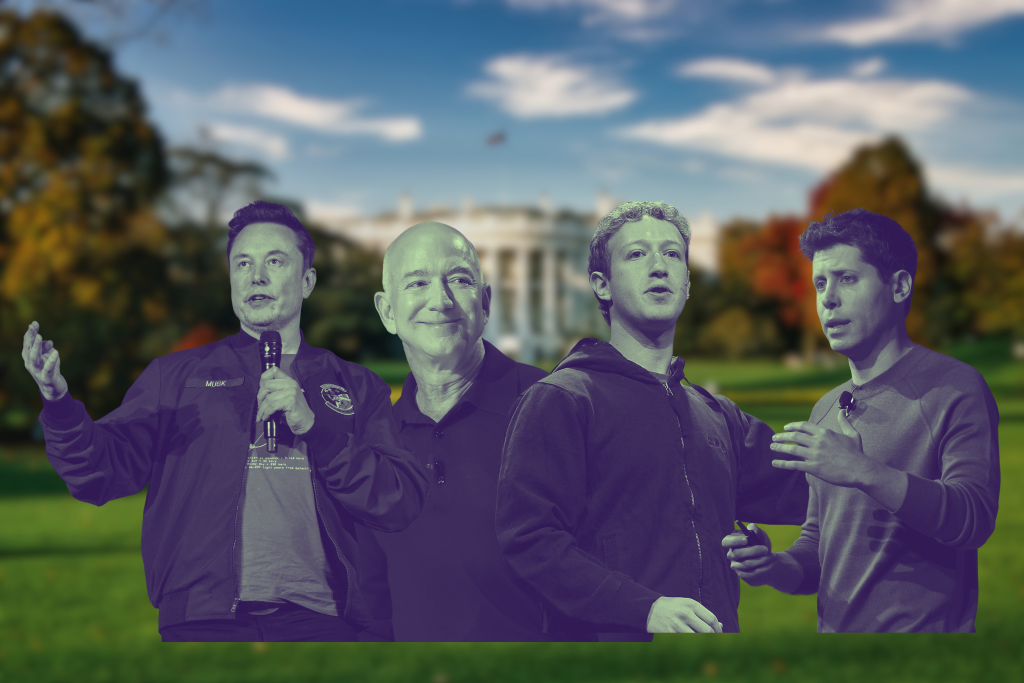Summary:
Government efficiency cannot be achieved by mimicking startup models.
OpenAI is losing $150 per second, highlighting the challenges of tech firms.
Silicon Valley's high burn rates are unsustainable for government operations.
The federal government spends over $200,000 per second—a stark contrast to startup spending.
Musk's management style may not translate to effective government efficiency.
The Illusion of Startup Efficiency
People have long suggested that governments should operate like businesses, a notion that's been around for over 200 years. Yet, this approach consistently fails to deliver results. The current push led by figures like Elon Musk and Donald Trump to implement this model in government is not a new idea, but rather a repeat of past failures.
The Reality of OpenAI's Financials
OpenAI, the company behind ChatGPT, is reportedly losing $150 per second. Despite its lofty valuation of $300 billion, the firm faces significant challenges. Its tools are not affordable for most users, and competition from open-source alternatives like DeepSeek is intensifying the pressure on pricing.
Silicon Valley's Burn Rate
Historically, tech companies, especially during the 1990s dot-com bubble, have enjoyed inflated valuations despite lacking solid business models. The cultural aspect of Silicon Valley often leads to high burn rates, where companies like Apple and Alphabet maintain unprofitable divisions in hopes of future gains. However, as these companies mature, such losses become increasingly unsustainable.
Government Spending vs. Business Efficiency
Currently, the federal government spends over $200,000 per second. The idea proposed by Musk and Trump to reduce this spending by hiring individuals from startups overlooks the fundamental differences between running a government and a business. Efficiency in government requires strict financial discipline, something that the current Silicon Valley ethos does not prioritize.
Misalignment of Skills
Musk's approach to efficiency at Twitter mirrored a drastic reduction in workforce, which did not equate to effective management. His model, while profitable for some startups, does not translate well to the public sector, which often requires long-term planning and stability rather than quick, drastic cuts.
The Disconnect in Business and Government
Successful tech startups thrive by providing tools that drive efficiency in other industries, not by being efficient themselves. The real issue in Washington is not a lack of innovative ideas, but rather the unwillingness of elected officials to make hard decisions. Government is not a business, and expecting it to function as one is a fundamental misunderstanding of its purpose and operations.









Comments